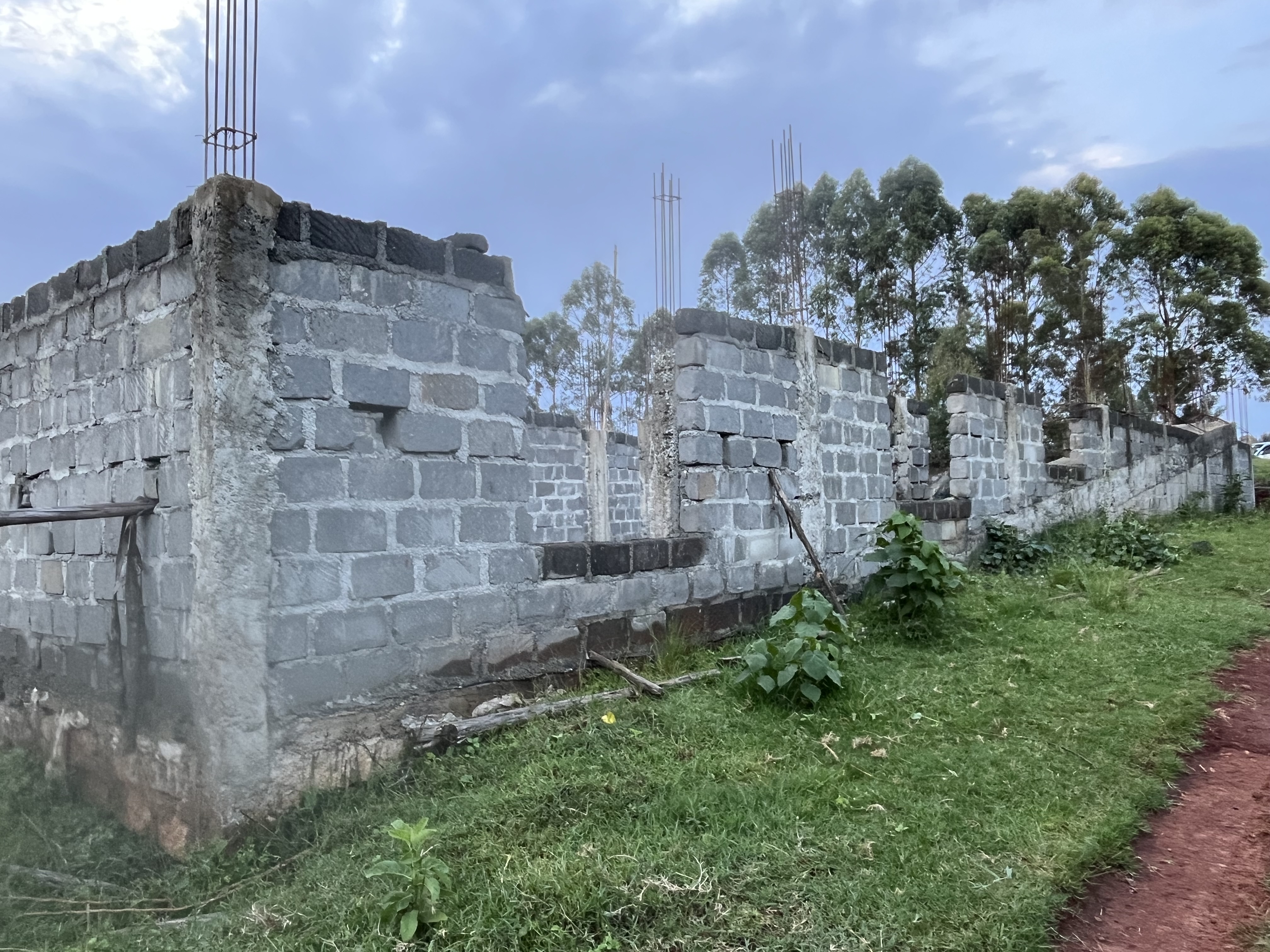

A Sh40 million community library project in Nandi county has stalled after an NGO that was funding the initiative withheld further financing and sued contractors for breach of contract.
The dispute involves former KenGen chairman Joshua Choge and members of his family, who are now embroiled in a court battle with Kanken Connect INC—a Kenya-registered NGO that was financing the stalled project.
The NGO is led by Tifanny Ninemire, who is an in-law to the Choge family.
According to court documents, Kanken Connect Inc had received a donation intended for the construction of a library to benefit the community in Saniak village, Nandi county. However, the project has since become the subject of a legal battle filed in the Kapsabet court.
Lawyer Chepkirui Koech, representing Kanken Connect INC, has sued Jordan Choge—son of the former KenGen boss—along with Leah and Moss Company Limited. Another local entity, Kenken Connect Literacy Foundation, is listed as an interested party.
Koech claims that when Kenken Connect Literacy Foundation was registered, her clients were excluded from becoming directors on the basis they were foreigners. Despite this, the NGO allegedly trusted the foundation’s leadership due to the familial ties between Tifanny and the Choge family.
Court documents reveal that Joshua Choge and his son Caleb Choge convinced the NGO to award the library construction contract to Jordan, arguing he was best suited to oversee the project. The NGO purchased a parcel of land worth more than Sh10 million at Saniak village, and Caleb was tasked with appointing an architect.
Tifanny was introduced to architect Nicholus Koech, who visited the site and committed to drawing architectural plans. However, Jordan allegedly bypassed Tifanny and directly signed a contract with the architect—naming Kanken Connect Inc as the client—despite her being unaware of the arrangement at the time.
While still in the US, Tifanny was advised by Caleb to pay the architect $21,000 (Sh2,706,582) in two instalments and to declare the money as a donation or investment to avoid scrutiny under US financial regulations.
The architect later prepared a Bill of Quantities totalling Sh26.7 million, which formed the basis of a binding contract signed on September 11, 2023. Kanken Connect Inc disbursed Sh13.3 million to cover excavation, foundation and structural work.
However, midway through construction, Tifanny noticed changes in the architectural design and learned from Caleb that an additional 400 square feet had been added without consent.
“Despite my client’s objections, the defendants demanded an extra Sh4.8 million without a valid contractual addendum, in violation of standard construction agreements,” lawyer Koech said.
Tifanny refused the additional payment and commissioned an independent structural engineer, who found the structure at the site to be unsound. A separate quantity survey revealed that only Sh7.4 million worth of work had been done—significantly less than the Sh13.3 million already paid.
As a result, Kanken Connect Inc moved to court seeking a refund of Sh6 million, general damages for breach of contract, and an injunction to stop any further construction work at the site.
Jordan, and Leah and Moss Company Limited have filed responses through Aniya and Company Advocates, denying all allegations. Jordan maintains there was no contract between him and Tifanny and he was not responsible for engaging the architect. He further argues the additional work was done at Tifanny’s instruction, justifying the demand for extra payments.
“The plaintiff’s statements are baseless, misleading and dishonest. They intend to shift blame,” Jordan states in his affidavit.
Leah and Moss Company Limited also defended its role, insisting it complied fully with the terms of the contract. The company maintains the extra payments were necessitated by additional instructions from Tifanny and were properly documented in project adjustments.
The court is expected to set a hearing date for the matter.












